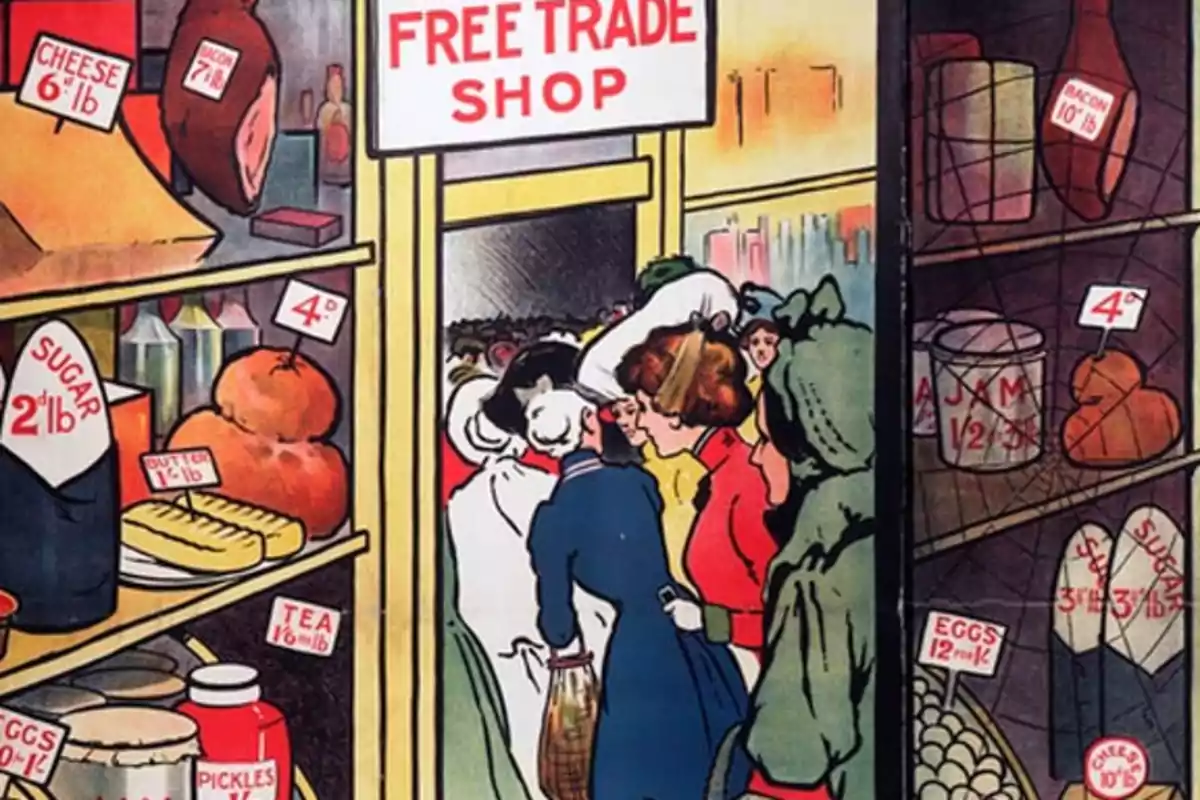
The Temu effect: the lost battle against the 21st century
The citizens' voices are being heard thanks to the Internet and they reject prohibitionism
Uruguay is a country that grows old without learning. Every time the world changes, we dig in. Like a retiree arguing with the ATM, the Uruguayan state insists on fighting against time with laws, forms, and decrees. Now, the enemy has a Chinese name: Temu.
In February, about 160,000 packages arrived in the country from that digital platform. A kind of global shopping mall with flea market prices. Everything is cheaper, faster, and without leaving home. The voting citizen, tired of paying $1,200 for an LED lamp at the neighborhood hardware store, found in Temu a silent revenge. Many did so.
The reaction of the Frente Amplio government —with the efficiency of a singing telegram— was to summon Customs and launch a "package of measures." For what? To facilitate the modernization of commerce? No. To defend the national merchant from the national consumer. What in other times we called import substitution now disguises itself as "protection of regional economies." Protection for whom? For the neighbor who sells thermoses for $2,000 while Temu sends them for $500 with free shipping?
You may also be interested in:The silent scam of the distribution system, an article about how the traditional structures of the state punish the modern citizen in the name of a misunderstood solidarity.
What Minister Oddone doesn't say is that protectionism doesn't work against the internet.
One can stop trucks at the border. But one can't stop desire. Today, desire takes the form of an app. The Uruguayan consumer —that subject who has historically been treated as a sinner for buying "abroad"— has discovered that he doesn't need either the 18 de Julio store or the free shop. All he needs is to click once.
Of course there is an impact on small businesses. Of course it is necessary to think of smart ways to adapt. However, the answer can't be to close the window to the world to force us to buy the same thing, at a higher price, in the name of economic nationalism.
You may also be interested in:From myth to plunder: the truth about the state, where it is analyzed how the discourse of national defense covers up inefficient and clientelist power structures.
Uruguay needs to embrace freedom, not be afraid of it. If the Chinese sell cheaply, let's compete with ingenuity. Let Uruguayan stores sell better, faster, with design, with added value. To prohibit, punish, and limit is to declare war on consumers in the name of an exhausted model.
The "Temu effect" is not a problem: it's a symptom. A symptom that the official country lags behind the real country, and that we still believe it is possible to govern the 21st century with 20th-century tools. If Temu won, it was not by cheating. It was because the others were not playing.
More posts: